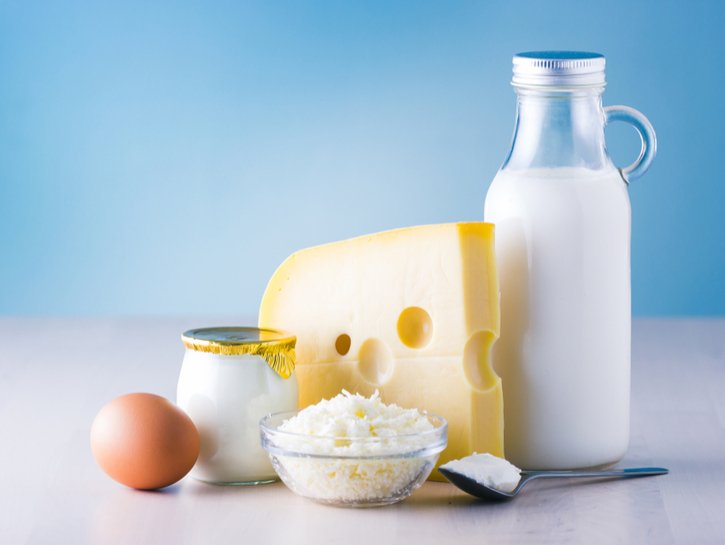What is Vegetarianism?
A vegetarian is someone who chooses to not eat meat, and instead consumes strictly vegetables, fruits, legumes, grains, and other non-animal-based products. But unlike the much stricter practice of veganism, vegetarians have a little wiggle room in their diets. While some might avoid animal-based products altogether, some might choose to eat non-meat products that come from animals, such as dairy, eggs and honey.
Why Choose a Vegetarian Diet?
People choose to become vegetarian for many different reasons, including for sustainability, animal rights, religious reasons or for their own health. Plant-based foods are nutrient-dense, meaning they provide an abundance of vitamins, minerals, proteins, etc. and have very few calories. By increasing plant-based foods and drastically reducing certain types of meats and foods cooked in unhealthy ways, the risk for obesity, coronary heart disease, high blood pressure,type II diabetes and even some types of cancers drops. drops.

S_L/Shutterstock
Types of Vegetarianism
There are three types of vegetarian diets:
- Lacto-Ovo-Vegetarian
- Lacto-Vegetarian
- Ovo-Vegetarian
While these three types exclude meats entirely, they differ when it comes to other animal-based products — namely, dairy and eggs.
Lacto-Ovo-Vegetarian
Lacto-ovo-vegetarians are people who forsake meat products but still eat dairy and eggs. This is the most common form of vegetarianism.
Lacto-Vegetarian
Lacto-vegetarians do not eat eggs, but they do consume dairy products made from animal milk.
Ovo-Vegetarian
Ovo-vegetarians avoid dairy products, but eggs are a still part of their diet. Many ovo-vegetarians will only eat free-range eggs, which means the birds that produce them are allowed to roam outside and are not confined to cages.

Geshas/Shutterstock
What Is Veganism?
Veganism is similar to vegetarianism in that the diet excludes all meat. But a vegan diet also avoids dairy products, eggs and honey. For vegans, this plant-based lifestyle extends beyond their diet as well. Vegans choose to life an “ethical” lifestyle by not participating in anything that contributes to the exploitation of animals, such as buying makeup that has been tested on animals or owning leather boots and a fur coat.

saschanti17/Shutterstock
Similar Diets
Some people choose to reduce the amount or varieties of meat they consume without becoming fully vegetarian. As with veganism and vegetarianism, these diets can be chosen for ethical reasons or for health reasons.
Pescatarian
People who are considered pescatarians consume fish and seafood, but still avoid red meat, fowl and other meats. Similarly to lacto-ovo-vegetarians, pescatarians typically consume eggs and dairy products as well.
Pollotarian
This diet is similar to pescatarians, but instead of fish and seafood, pollotarians only eat poultry and fowl. They avoid all other meats.
Flexitarian
A flexitarian diet is often used as a starting point into beginning vegetarianism or veganism, but can also be practiced for health reasons or to lose weight. A flexitarian still eats meat, but will limit how much meat they consume each week. For example, they might go three days without meat and then have a burger on the weekend. Over time, flexitarians typically decreases their meat consumption. Some go full vegan, while others have small amounts of meat once or twice a week.
